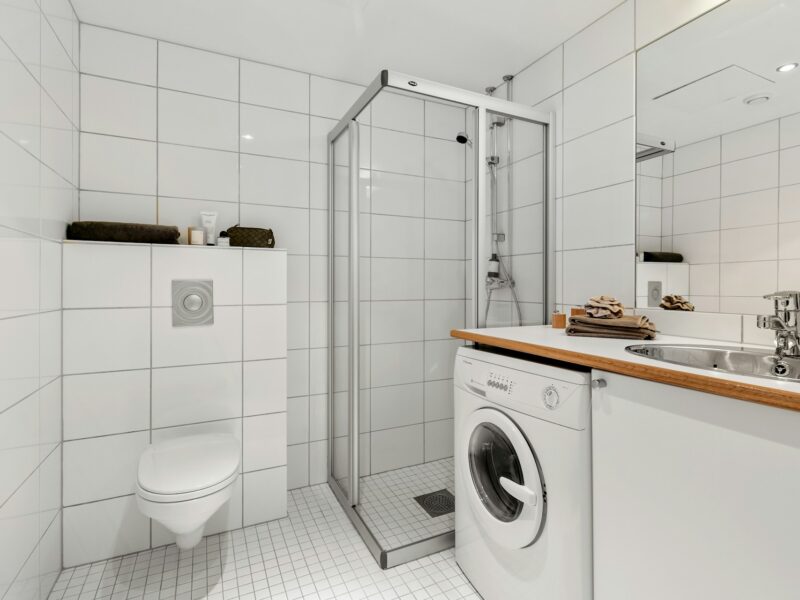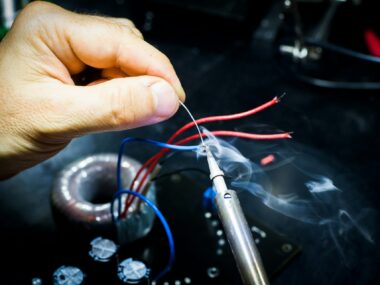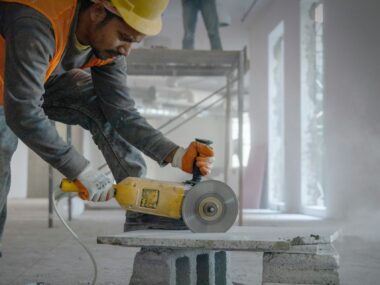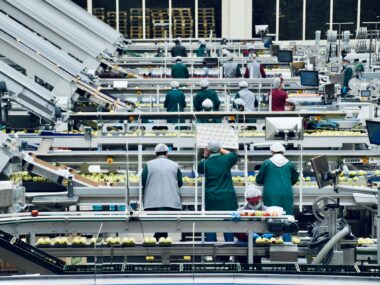Water damage from blocked drains costs property owners thousands of dollars annually. Yet many building managers and homeowners overlook one of the most cost-effective preventative measures: regular drain cleaning.
Your building’s plumbing system works around the clock, handling everything from kitchen grease to bathroom waste. Without proper maintenance, these systems gradually deteriorate, leading to expensive emergency repairs and potential health hazards.
Professional drain maintenance isn’t just about fixing problems after they occur. It’s about preventing costly disasters before they start. This comprehensive approach saves money, protects property values, and ensures compliance with health and safety regulations.
Prevent Costly Emergency Repairs
Emergency plumbing calls typically cost three to five times more than scheduled maintenance visits. When drains fail unexpectedly, you’re paying premium rates for after-hours service, plus dealing with potential water damage restoration costs.
The True Cost of Neglect
A single backed-up sewer line can cause thousands of dollars in damage within hours. Raw sewage flooding requires specialized cleanup, contaminated materials disposal, and often extensive renovations. Professional drain cleaning prevents these catastrophic failures by addressing buildup before it becomes a blockage.
Predictable Maintenance Budgets
Regular drain maintenance allows for predictable budgeting. Instead of facing surprise repair bills, you invest in scheduled cleanings that keep your system running smoothly. This approach particularly benefits commercial properties where unexpected closures due to plumbing failures can result in lost revenue.
Extend Your Plumbing System’s Lifespan
Drain pipes aren’t designed to last forever, but proper maintenance significantly extends their functional life. Grease, soap scum, and debris create corrosive environments that accelerate pipe deterioration.
Chemical Damage Prevention
Many property owners attempt DIY drain cleaning with harsh chemicals. These products provide temporary relief but cause long-term damage to pipe materials. Professional cleaning uses appropriate methods for each pipe type, preserving the integrity of your plumbing infrastructure.
Early Problem Detection
Professional drain cleaning includes system inspections that identify potential issues before they become major problems. Technicians can spot early signs of pipe damage, root intrusion, or structural problems that require attention.
Improve Water Flow and Drainage Efficiency
Even partial blockages significantly impact drainage efficiency. Slow-draining sinks, tubs, and floor drains indicate system problems that worsen over time without intervention.
Optimal System Performance
Clean drains allow water to flow at designed speeds, preventing backups and reducing strain on your plumbing system. This improved efficiency extends to connected systems, including water heaters and appliances that rely on proper drainage.
Reduced Water Waste
Slow drains often lead to water waste as users leave taps running longer or flush toilets multiple times. Efficient drainage systems reduce water consumption and associated utility costs.
Eliminate Foul Odors and Health Hazards
Blocked drains create breeding grounds for harmful bacteria and produce unpleasant odors that affect indoor air quality. These conditions pose serious health risks, particularly in commercial environments.
Bacterial Growth Prevention
Stagnant water in partially blocked drains supports bacterial growth, including potentially dangerous strains like E. coli and Salmonella. Professional cleaning eliminates these breeding grounds and restores proper water flow.
Indoor Air Quality
Sewer gases can enter buildings through poorly maintained drains, causing headaches, nausea, and respiratory problems. Regular maintenance ensures proper trap seals and prevents these hazardous gases from infiltrating your property.
Comply with Health and Safety Regulations
Commercial properties must meet strict health and safety standards that include proper drainage system maintenance. Regulatory compliance protects businesses from fines and liability issues.
Documentation Requirements
Professional drain cleaning services provide detailed documentation of maintenance activities, which may be required for insurance claims or regulatory inspections. This documentation demonstrates due diligence in property maintenance.
Liability Protection
Proper drain maintenance reduces liability risks associated with slip-and-fall accidents, water damage, and health code violations. This protection is particularly important for restaurants, healthcare facilities, and other commercial properties.
Professional Expertise vs. DIY Approaches
While drain cleaning may seem straightforward, professional services provide expertise and equipment that DIY methods cannot match. Understanding when to call professionals saves time, money, and prevents additional damage.
Advanced Cleaning Technology
Professional drain cleaning companies use specialized equipment like hydro-jetting systems and video inspection cameras. These tools achieve results impossible with consumer-grade products while providing detailed system diagnostics.
Comprehensive Sewer Line Service
Professional services extend beyond individual drains to include sewer line maintenance. This comprehensive approach identifies problems in main lines that could affect multiple drains throughout your property.
Integration with Other Systems
Many commercial HVAC companies near me also provide plumbing services, allowing for coordinated maintenance of building systems. This integration ensures that drainage problems don’t affect HVAC equipment or create conflicts between different building systems.
Protecting Your Investment Through Preventative Plumbing
Regular drain maintenance represents a smart investment in your property’s long-term value and operational efficiency. The costs of preventative plumbing services pale in comparison to emergency repairs, water damage restoration, and system replacements.
Start by scheduling a professional drain inspection to assess your current system condition. Establish a maintenance schedule based on your property’s usage patterns and risk factors. Document all maintenance activities for insurance and regulatory purposes.
Remember that your building’s plumbing system is interconnected. Problems in one area quickly spread to others without proper maintenance. By investing in regular drain cleaning, you protect your entire plumbing infrastructure while ensuring a safe, comfortable environment for occupants.






